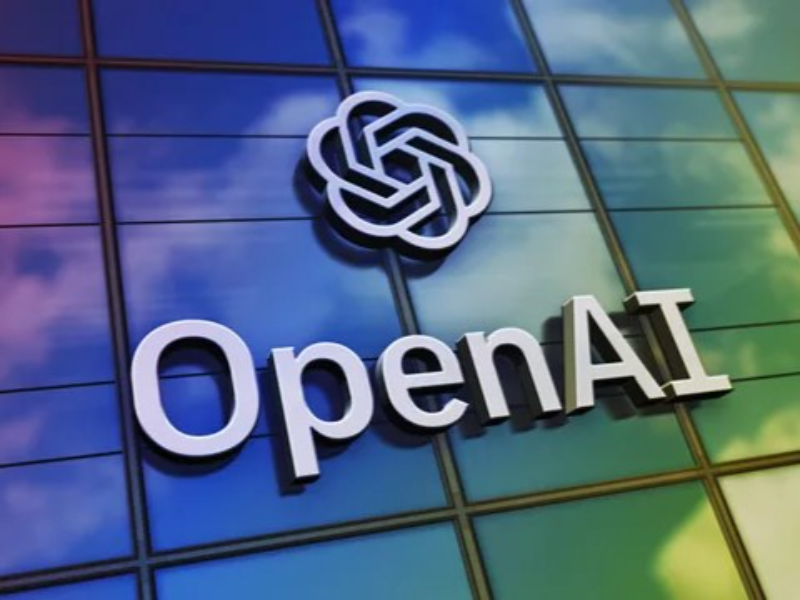- OpenAI plans to convert its for-profit arm into a Delaware Public Benefit Corporation, aiming to balance profitability with societal benefits.
- The move seeks to address funding challenges, align with its mission to benefit humanity, and counter rising competition in the AI sector.
What happened: OpenAI outlines transition to public benefit corporation
OpenAI is planning to convert its for-profit arm into a Delaware Public Benefit Corporation (PBC), a move it announced in a blog post on Friday. This transformation aims to balance profitability with societal impact by granting the for-profit arm operational autonomy while the non-profit board focuses on philanthropic initiatives in health care, education, and science.
Since its 2015 inception as a non-profit, OpenAI has faced funding challenges, receiving less than $140 million in cash from promised donations of $1 billion. To address rising operational costs, it introduced a capped-for-profit model in 2019.
Under the PBC model, OpenAI’s for-profit arm will legally pursue public benefits alongside shareholder interests. This shift comes amidst increasing shareholder pressure to remove profit caps, enabling broader investment. However, dissent exists, with critics like Elon Musk and Mark Zuckerberg opposing the changes, citing concerns about prioritising profit over safety in AI development.
Also read: U.S. supports open AI models and proposes risk oversight
Also read: FTC’s Khan hopes to open AI models to enhance competition
Why it’s important
The proposed transition represents a pivotal step in how AI companies address governance and funding while balancing ethical considerations. OpenAI’s PBC status under Delaware law mandates aligning shareholder interests with societal benefits, potentially setting a precedent for others in the sector.
This model could counteract criticisms about commercialising AI while retaining a focus on safety and public good. The announcement also reflects OpenAI’s response to heightened competition and internal tensions, as former team members have left to prioritise safer generative AI solutions.
The transformation seeks to enhance OpenAI’s capacity to attract investment without compromising its revised mission to benefit humanity through AI. Observers await details of the specific public benefits OpenAI will prioritise, which could shape its future reputation and influence in the tech industry.

